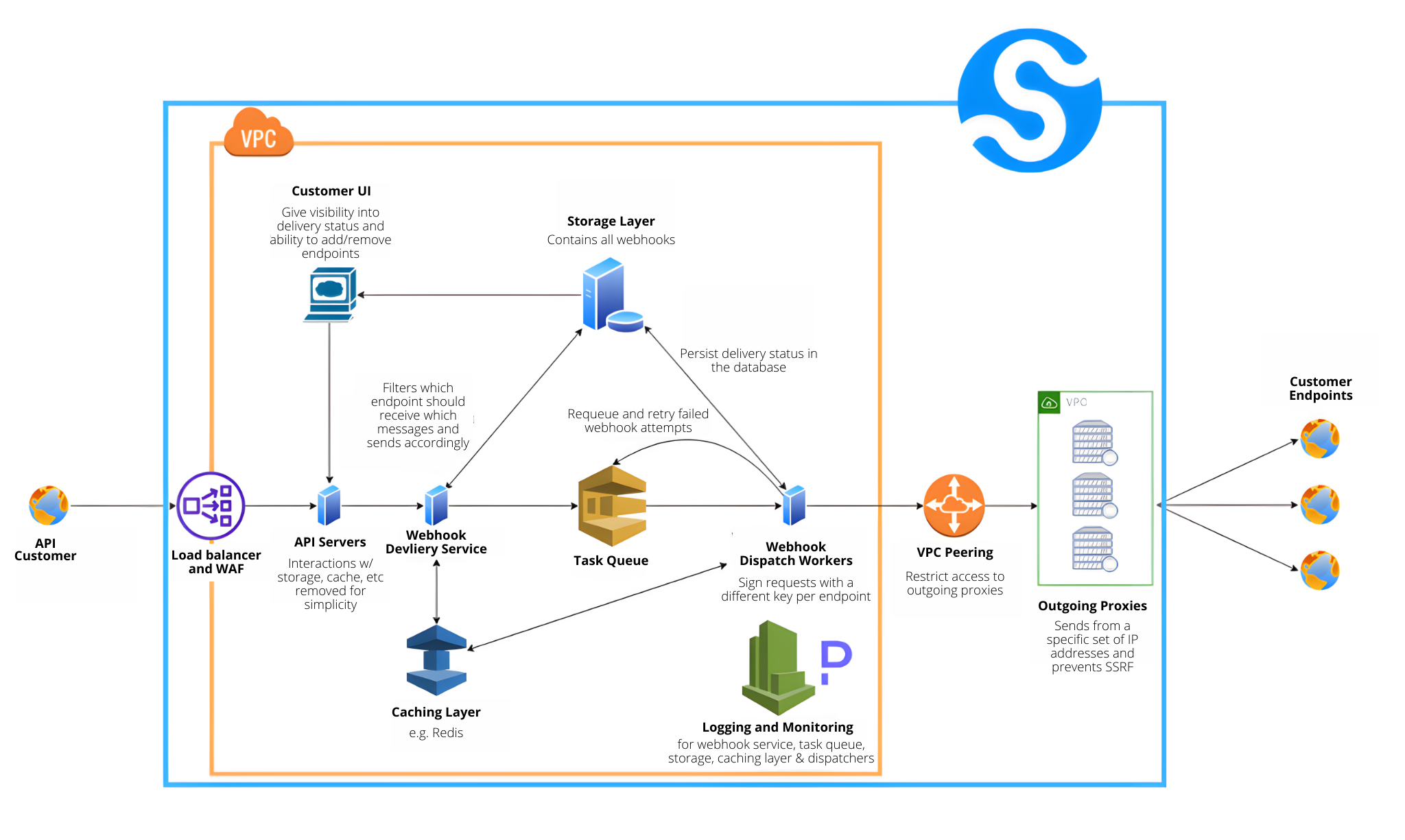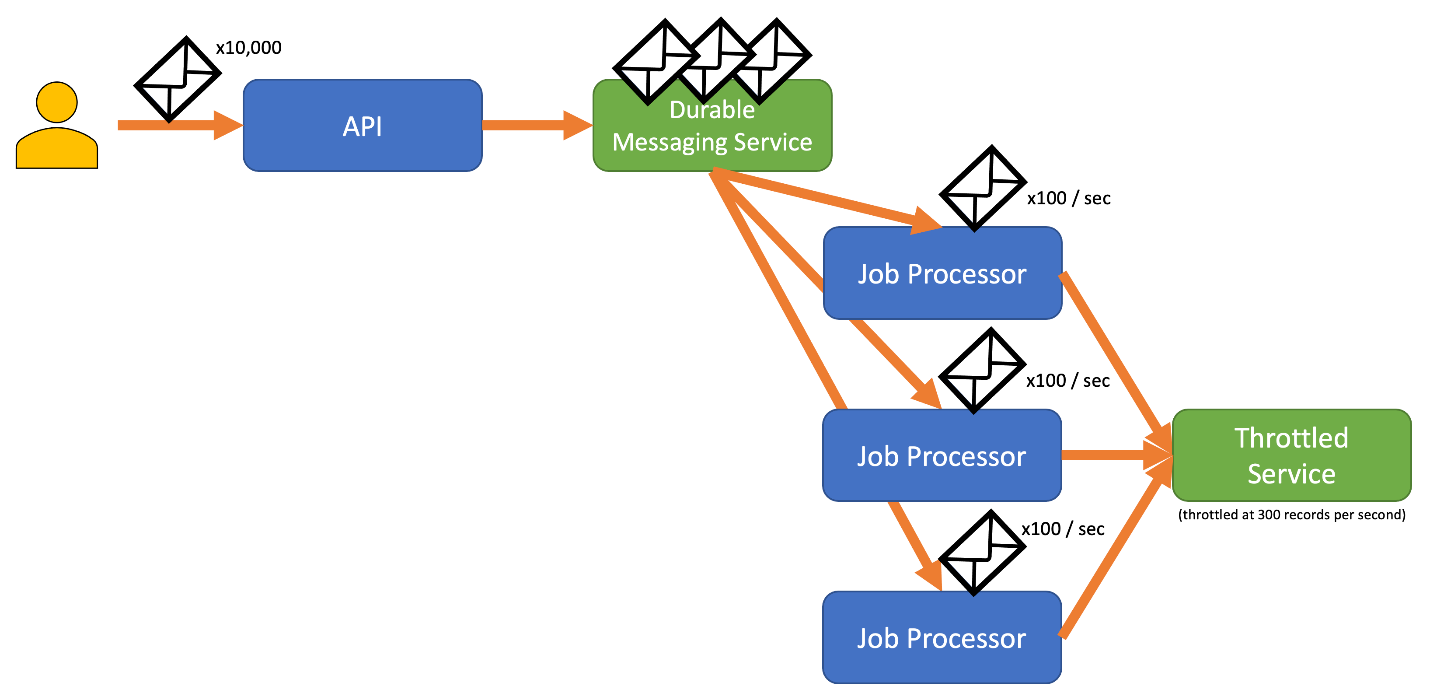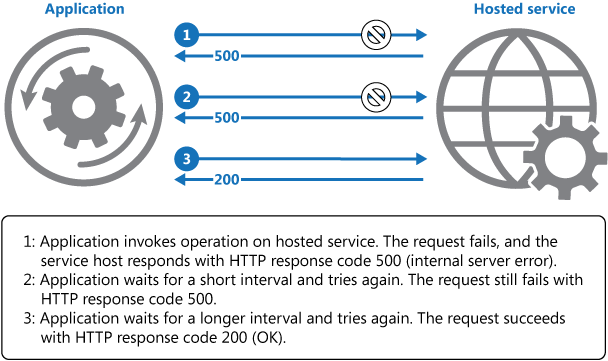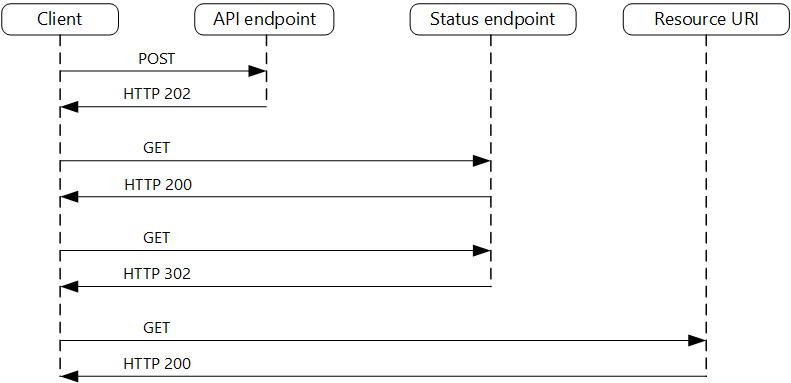
Our TaxBit integration took 8 months, not the promised 6 weeks. Cost us $300k in consulting fees and nearly got our CTO fired. TaxBit positions itself as the enterprise crypto tax solution, but their API feels like it was designed by tax lawyers who think "eventual consistency" is a business philosophy. Here's what broke our production three times, why it happened, and the fixes that actually work in the real world.

Authentication Hell: OAuth That Makes You Question Your Life Choices
TaxBit's "standard OAuth 2.0" is about as standard as a unicorn. I've integrated 50+ OAuth APIs - this one made me question everything I know about authentication. The /oauth/token endpoint works until it doesn't, and when it breaks, you get errors that would make a cryptocurrency whitepaper seem clear.
Token Expiration Nightmare
Spent two weeks debugging production auth failures before discovering TaxBit's tokens don't expire when they're supposed to. Your contract says "custom security timelines" - could be 6 hours, could be 7 days. Nobody knows until you're debugging production outages at 3am. Tokens don't include expires_in fields because apparently OAuth standards are more like guidelines. I built a refresh scheduler that hits their endpoint every 4 hours because guessing token lifetimes is now part of enterprise integration architecture.
Client Credentials Pain
Good luck getting credentials faster than a geological epoch. Our "implementation manager" took 3 weeks to respond to our initial request. Three. Fucking. Weeks. For sandbox credentials. Production requires a "security review" that involves more paperwork than buying a house. Apparently OAuth client secrets aren't enterprise-grade enough for tax data, so you need to sign your life away first.
Environment Confusion
TaxBit provides separate credentials for sandbox and production, but their sandbox environment doesn't behave like production. Sandbox tokens expire every 4 hours regardless of your production contract terms, webhook endpoints work differently, and some API endpoints return mock data that doesn't match real production behavior.
Data Validation: Error Messages From Hell
TaxBit's validation errors are about as helpful as a chocolate teapot. "Validation failed" tells you nothing. Could be string vs number, wrong date format, or some random field they forgot to document. I spent 4 hours debugging what turned out to be a missing fucking comma.
Transaction Amount Formatting
The API requires numeric amounts as numbers in JSON, not strings. But their documentation shows examples with string amounts. If you send "amount": "100.50" instead of "amount": 100.50, you get this helpful error:
{
"error": "VALIDATION_FAILED",
"message": "Transaction validation failed",
"details": []
}
No indication that string-vs-number is the problem. I spent 3 hours on this exact issue.
Date Format Precision
Timestamps must be ISO 8601 with UTC timezone (2025-08-30T21:00:00.000Z), but their error messages just say "invalid date format" without specifying the expected format. Miss the milliseconds or use a different timezone format, and you're debugging for hours.
Required Field Discovery
Some fields are marked as "optional" in documentation but required in practice based on other field values. For example, transaction_type is "optional" but required when transaction_category is "trade." You discover these dependencies through trial and error because their OpenAPI spec doesn't document the conditional requirements.
Account Hierarchy Mapping
TaxBit requires mapping your users to their Account Owner → Account structure before importing transactions. This seems straightforward until you realize that institutional customers with beneficial ownership structures don't map cleanly. You'll spend days rebuilding your account hierarchy to match their expected data model.
Webhook System: Designed by Psychopaths Who Hate Sleep

TaxBit's webhook system was clearly designed by someone who's never run a production service. It assumes your endpoints are up 24/7 and can process events instantly, which is hilarious if you've ever dealt with AWS going down during Black Friday. This broke our production twice - once during tax season.
Duplicate Event Hell
Tax season hits and suddenly you're getting the same webhook 5 times. Their "idempotent" design uses timestamps instead of actual unique IDs because whoever architected this never heard of database primary keys. I spent a weekend building deduplication logic that should have been unnecessary.
Retry Logic Chaos
When your webhook endpoint goes down (and it will), TaxBit's retry logic spans several days. Sounds reasonable until you realize webhook payloads contain time-sensitive status updates. By the time the retry succeeds 3 days later, the underlying calculation failed and restarted twice, making the webhook notification completely fucking useless.
Webhook Processing Flow
Event occurs → TaxBit queues webhook → Multiple delivery attempts → Your endpoint (hopefully) processes → Status update back to TaxBit. Simple in theory, chaos in practice.
Security Verification Problems
TaxBit signs webhook payloads with HMAC signatures for security verification, but their signature generation includes headers that change during HTTP proxy forwarding. If you're running behind a load balancer or CDN, webhook signature verification will fail intermittently when proxy headers don't match the signed payload.
Event Ordering Issues
TaxBit doesn't guarantee webhook delivery order, which breaks workflows that depend on sequential processing. A "calculation_completed" webhook might arrive before the "calculation_started" webhook, leading to race conditions in status tracking systems.
Real-Time Processing: Asynchronous When You Need Synchronous

TaxBit's "real-time" APIs are actually asynchronous for everything except basic data retrieval. This architectural choice makes sense for complex tax calculations but creates integration headaches for user-facing applications.
Status Polling Hell
Most operations return a job ID and require polling for completion status. TaxBit recommends polling every 30 seconds - no guidance on timeouts. A cost basis calculation might finish in 5 minutes or 5 hours. You're left playing the world's worst lottery: keep polling or give up.
Calculation Dependencies
Cost basis calculations depend on complete transaction history, but TaxBit processes transaction uploads asynchronously. This creates race conditions where you upload a batch of transactions and immediately request cost basis calculations before the upload completes processing. The calculation starts with incomplete data and produces wrong results.
Batch Processing Limits
TaxBit claims to handle "millions of transactions" but doesn't document batch size limits for uploads. Upload 50,000 transactions in a single API call and you'll get timeout errors. Break it into smaller batches and you risk calculation inconsistencies if some batches fail while others succeed.

Multi-Jurisdiction Compliance: Automatic Until It Isn't
TaxBit's biggest selling point is automated multi-jurisdiction compliance, but "automatic" requires extensive manual configuration that changes constantly as regulations evolve.
Jurisdiction Detection Failures
The API automatically determines applicable compliance frameworks based on user location and transaction types, but edge cases break the logic. Users with multiple residencies, digital nomads, or corporate entities with complex structures often get incorrectly categorized, triggering the wrong compliance requirements.
Currency Conversion Precision
TaxBit uses real-time exchange rates for currency conversions but doesn't document which rate sources they use or how they handle rate unavailability. Transactions involving obscure stablecoins or during market disruptions can fail conversion, blocking entire calculation workflows.
Regulatory Update Lag
When regulations change (like the 2025 IRS broker reporting requirements or OECD CARF updates), TaxBit updates their compliance logic server-side. This sounds good until you realize that existing calculations don't get retroactively updated, creating inconsistencies between old and new compliance results.
Data Quality: Garbage In, Slightly Better Garbage Out
TaxBit's data normalization and validation catches obvious errors but struggles with the complex transaction patterns common in DeFi protocols and institutional trading.
DeFi Transaction Parsing
Automated market maker transactions, yield farming rewards, and liquidity pool interactions get categorized inconsistently. TaxBit's system treats these as generic "trades" rather than understanding the underlying DeFi mechanics, leading to incorrect cost basis calculations and tax categorization.
Cross-Platform Data Reconciliation
When users transfer assets between platforms, TaxBit's Cost Basis Interchange system should maintain calculation consistency. In practice, timing issues and data format differences between platforms create reconciliation gaps that require manual correction.
Historical Data Corrections
When you discover transaction data errors after processing thousands of calculations, TaxBit provides correction mechanisms that "propagate through all affected calculations automatically." This propagation can take hours or days, during which your users see inconsistent data across different API endpoints.
Support and Documentation: Enterprise Pricing, Startup Quality
Despite charging enterprise-level fees, TaxBit's developer support feels like dealing with an understaffed startup that's growing too fast to maintain quality.
Implementation Manager Bottleneck
Every technical question gets routed through your assigned "implementation manager" rather than directly to engineering teams. These managers handle multiple enterprise clients and typically respond within 1-3 business days to urgent production issues.
Documentation Accuracy
TaxBit's written documentation frequently conflicts with their OpenAPI specs and actual API behavior. The OpenAPI spec is more accurate but less comprehensive. Real API behavior sometimes differs from both sources, requiring empirical testing to determine correct implementation approaches.
Sandbox Environment Limitations
The sandbox environment uses simplified mock data that doesn't reflect the complexity of production scenarios. Integration testing in sandbox gives false confidence - many issues only surface in production with real user data and transaction volumes.
Error Logging and Debugging
TaxBit provides minimal error details in API responses and doesn't offer transaction-level logging or debugging tools. When calculations produce unexpected results, you're left comparing inputs and outputs manually to identify the source of discrepancies.
The Integration Timeline Reality Check
Sales promised us 6 weeks. We're 8 months in and still fixing edge cases. Here's the timeline that won't get your PM fired:
- Weeks 1-4: Getting credentials from your implementation manager (who apparently works part-time)
- Weeks 5-12: Rebuilding your entire user data model to match their insane account hierarchy
- Weeks 13-20: Building authentication that works despite their OAuth implementation
- Weeks 21-28: Webhook integration and learning to hate asynchronous processing
- Weeks 29-32: Production testing aka discovering all the shit that only breaks with real data
Budget $300k+ and 2 full-time engineers minimum. Your compliance team will love TaxBit. Your engineering team will hate everything about this integration. Plan to dedicate one engineer full-time to TaxBit maintenance forever - their APIs change without notice.
The sections below cover the most common problems you'll encounter, from quick fixes that save your weekend to the deeper integration challenges that'll have you questioning your career choices. We learned these lessons the hard way - hopefully you can skip some of the pain.
